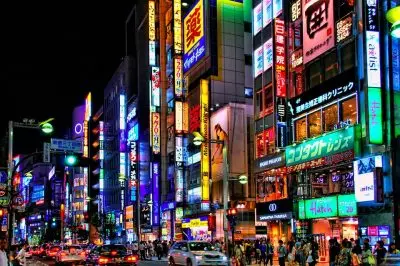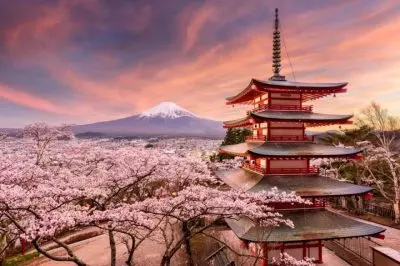 Yasutoshi Nishimura, the Minister of Economic Revitalization in Japan, has revealed that the country’s government is considering the possible implementation of stronger action against some businesses, including so-called pachinko gambling parlors, which have so far failed to be in line with the emergency measures of Prime Minister Shinzo Abe.
Yasutoshi Nishimura, the Minister of Economic Revitalization in Japan, has revealed that the country’s government is considering the possible implementation of stronger action against some businesses, including so-called pachinko gambling parlors, which have so far failed to be in line with the emergency measures of Prime Minister Shinzo Abe.
Mr. Abe declared a state of emergency not only in Tokyo but also in six other prefectures in Japan a fortnight ago. With the number of Covid-19 cases continuing to grow in the country, the emergency measures were extended in the entire country, putting the abovementioned pachinko parlors under increased scrutiny.
And while a large number of non-essential businesses have decided to voluntarily cease operation or at least cut their operating hours in line with the requests of the local governments, no penalties for lack of compliances are being imposed, and some pachinko parlors are still operational. Furthermore, the fact that many of them have remained opened has raised concerns that Japanese gamblers could risk spreading the virus by traveling from one place to another while searching for places to play.
Economy Minister Nishimura confirmed there have been reports of customers traveling from other prefectures to gamble at places where pachinko parlors are still opened.
Many Japanese Pachinko Parlors Remain Operational Despite Coronavirus Pandemic
 As we have previously explained, Japanese pachinko parlors already operate in a legal gray area, circumventing anti-gambling laws by offering winners prizes that can be exchanged for cash off the premises.
As we have previously explained, Japanese pachinko parlors already operate in a legal gray area, circumventing anti-gambling laws by offering winners prizes that can be exchanged for cash off the premises.
The issue has become one of the most-discussed topics at a time when the country is preparing for a series of public holidays, called Golden Week, from late April to the beginning of May. Currently, the previously announced state of emergency is expected to end on May 6th but the measures could be extended.
Despite the fact that there has not been an explosive surge in coronavirus cases in Japan such as the ones registered in other countries, the number of cases has been steadily growing. As explained by local media, a wave of tourists from urban areas could quickly deteriorate the situation in the regions, where the population is comprised mostly of elderly people.
At the beginning of April, Prime Minister Abe called for Japanese citizens to minimize their contacts with other people as much as possible. Unfortunately, with many pachinko parlors still remaining operational, the number of Covid-19 cases could increase rapidly in the weeks to come.
In fact, large operators of pachinko parlors may be better positioned to shut operations in comparison to smaller companies that offer such services. According to a website operated by Daikoku Denko Co., the overall sales registered in the industry were estimated at approximately ¥20.7 trillion back in 2018.
The Governor of the Osaka prefecture, Hirofumi Yoshimura, wrote on Twitter that hundreds of complaints about businesses remaining operational, with pachinko parlors being the largest in number, having been received.